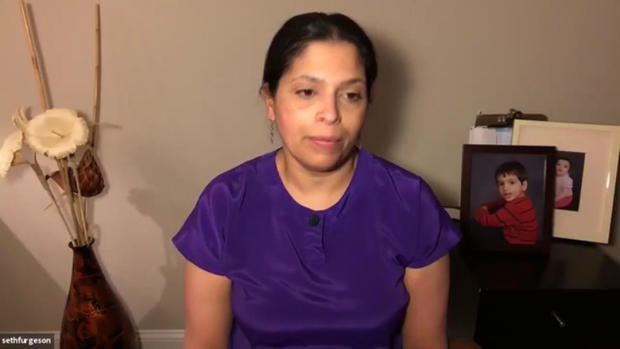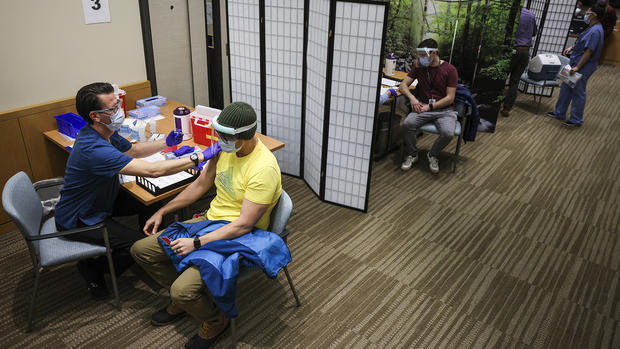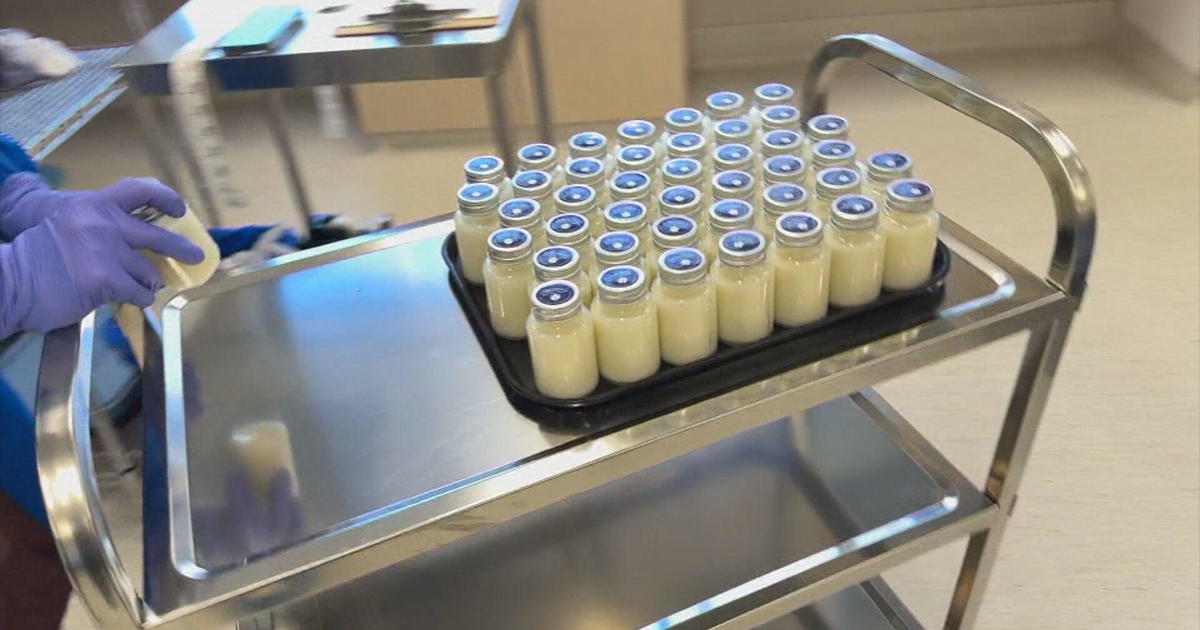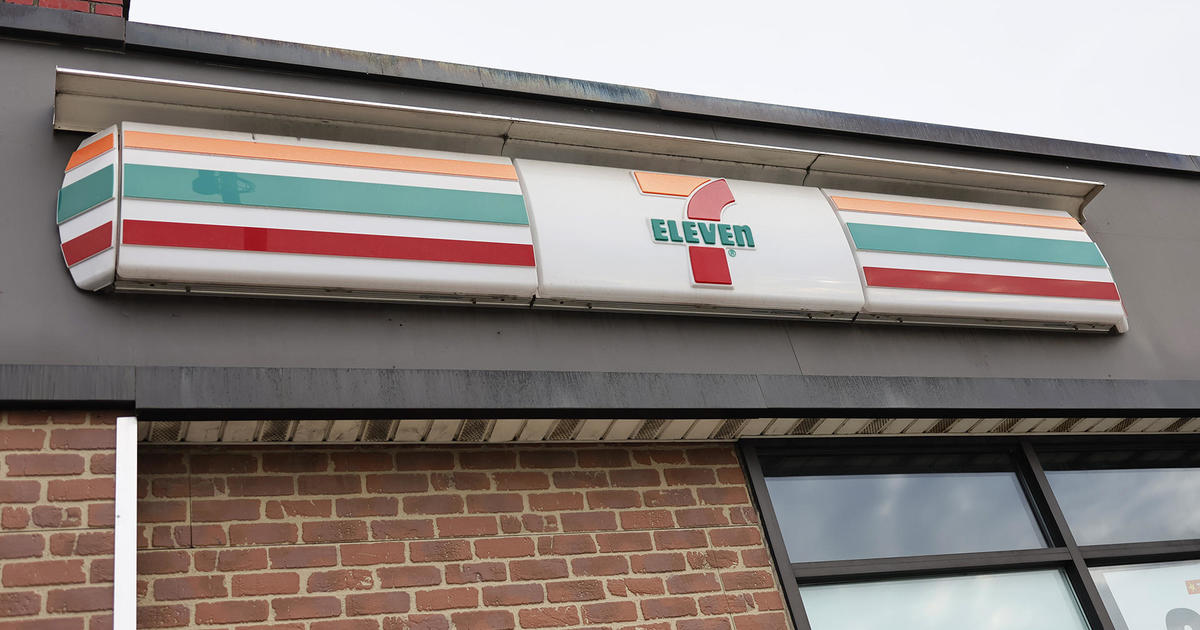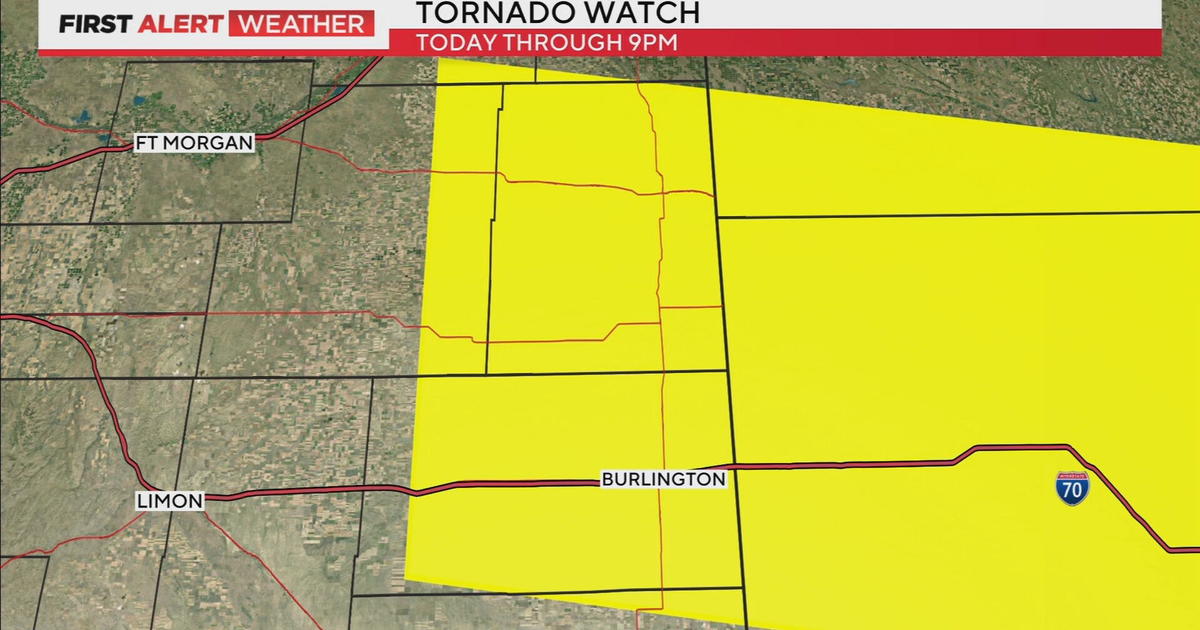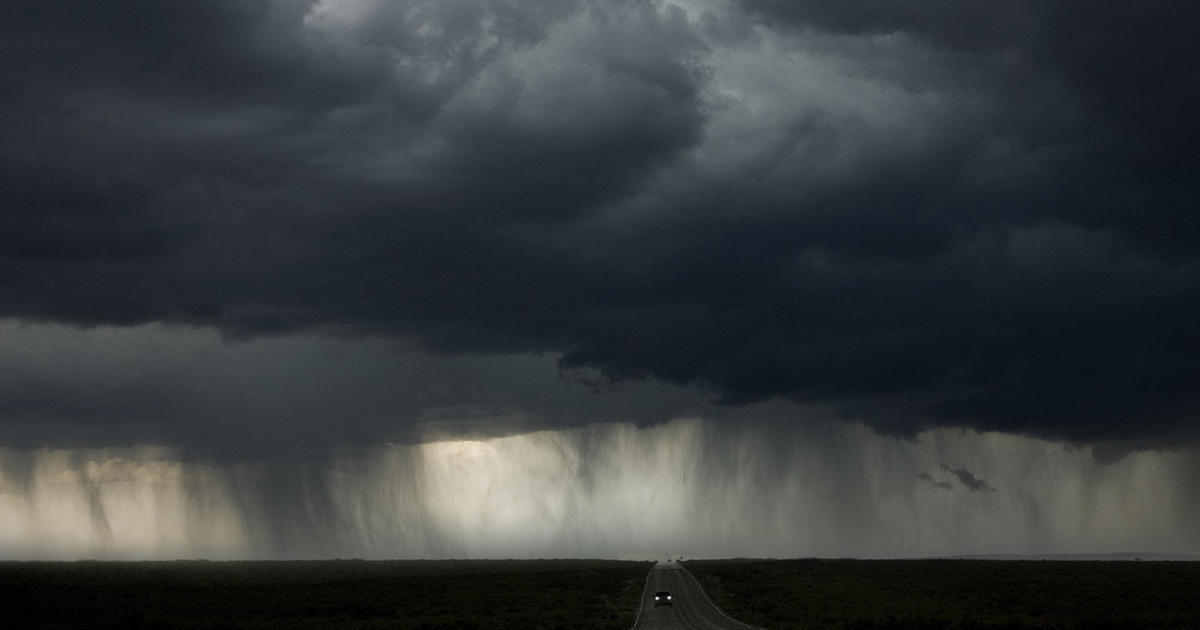Colorado Doctors Continue To Explain Safety Of COVID Vaccine As First Allergic Reactions Occur In U.S.
(CBS4) - More vaccine was arriving at hospitals Wednesday as health care professionals got ready to get shots all over Colorado. It comes amid a report of the first serious allergic reaction to the Pfizer vaccine in the United States. A health care worker at hospital in Alaska had a serious reaction, but no prior known allergies. Experts have said some severe reactions are possible.
Vaccines have a rate of severe reaction about 1 in a million on average. Dr. Shaila Gogate told CBS4 the Pfizer vaccine showed no greater rate of severe reactions in its trials than the group that got the vaccine as compared to those who got a placebo. Gogate is medical director of the Colorado Allergy & Asthma Centers which has a dozen offices on the Front Range.
"What we know thus far is that it seems to be components of the vaccine that may be causing the reactions. So patients who have a history of food allergies or environmental allergies may not necessarily be at higher risk," she said.
It's not clear what might be causing reactions in the vaccines, but as is often the case, there are suspicions. Polyethylene glycol and polysorbate are under consideration because they can cause allergic reactions.
"They are not common allergies but they're not undescribed," said Dr. Gogate.
Polyethylene glycol is commonly used as a laxative. Polysorbate is frequently used as a stabilizer and is used in other vaccines.
Allergy sufferer Tom Dea has had plenty of shots, including those for his allergies. He asked his doctor about the vaccines.
"I did have conversations. I think part of my conversation was, was it compromising for people with allergies?" Dea had other questions for his doctor as well. "I also asked would he take the vaccine and his answer was definitely, yes."
In addition, Dea looked for good scientific information.
"I'm also a scientist… I have a degree in engineering… From all the research I've done I believe that it's important and I believe it's going to help everybody."
Not having other comorbidities, Dea believes he'll be in the third phase of the vaccine distribution. Some troubles that some people have expressed do not trouble him.
"Everybody's body is different and we all have a different makeup and all our systems are similar but everybody has a little tweak in it and I think the coronavirus has shown that.
When the vaccine is given, recipients are asked to wait to see if there might be reaction.
Dr. Gogate is telling her patients that they should take it.
"The general message is the vaccine is safe. We would recommend it even in patients who have food or environmental allergies. It does need to be given in a monitored setting, in a health care setting that can handle and anaphylactic reaction if that were to occur."
That isn't necessarily a doctor's office.
Later phases of the vaccine program are likely to be done in other settings.
Tri-County Health Immunization Nurse Manager Karen Miller, a member of the state's vaccine planning team replied as follows:
"All vaccination providers, including pharmacists, are trained to respond to adverse events, including anaphylaxis. Further precaution should be taken for a client who has a history of anaphylaxis after receiving any injectable medication. A client with such a history may be referred to a health care practice that is more familiar with responding to allergic reactions."
Dr. Gogate notes the vaccine is far different from the disease.
"I want to be vaccinated… People are dying from COVID. People are not dying from the vaccine."
Tom Dea, while bothered by allergies, believes the vaccine is the answer.
"There's risk in everything that we do and I think it's important it's important to get back to as normal as we can as soon as we can as a society."
